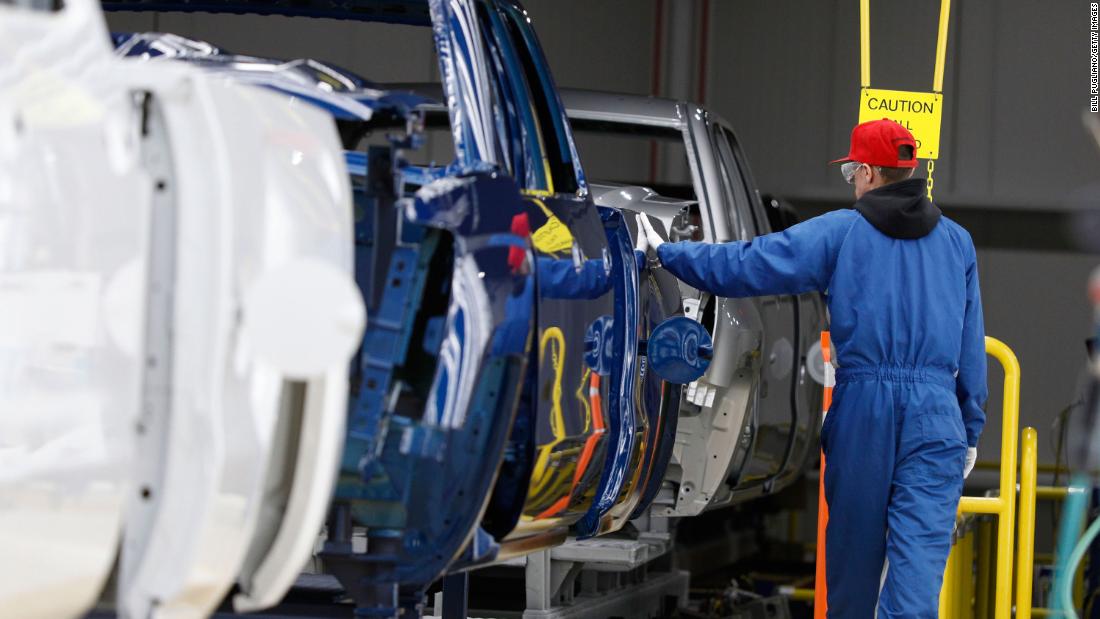@VoiceOfReason
There is no need for insults or diving too much into politics.
There is a Q2 2019 Earnings Call Transcript:
Fiat Chrysler Automobiles N.V. (FCAU) CEO Michael Manley on Q2 2019 Results - Earnings Call Transcript
About European electrification plan which are not related to potential marriage although profit is:
Michael Manley
Actually just before – thanks [indiscernible]. I just want to say before we open up to Q&A, I just want to quickly talk about compliance in terms of CO2 emissions standards in Europe because, obviously, last quarter, on the Q&A, we discussed that strategy to reach compliance with European emission standards through a combination of continued deployment of more fuel-efficient traditional technologies. And then I talked a little bit about the progressive rollout of electrified vehicles and, obviously, the use of pooling arrangements within EU. And I just want to add a little bit clarity before we go to the Q&A session.
So, in 2019, we'll, obviously, continue to roll out additional technology improvements, but we'll have fuel efficiency of our vehicles, and that does include our new combustion engines. So, the latest GSE engines are now being rolled out progressively across Europe, which will give us a significant help.
And these actions, combined with the credit pooling agreement with Tesla that I discussed before, will mean that FCA will not pay fines this year.
Now, in 2020, we are going to launch the Fiat 500 BEV that I mentioned earlier, along with the Jeep Compass Renegade and Wrangler plug-in hybrids, which I think will probably get to the sales mix somewhere in the order of around 5%.
And these vehicles along with the increased use of mild hybrids, combined with our Tesla credit pooling agreement, means that we're forecasting to be compliant in 2020 with a combination of those things.
Now, in 2021, we'll add another battery electric vehicle to our fleet, another plug-in hybrid and four more mild hybrid applications. And that will be as we transition to meeting emissions standards in 2022 with our own products, rather than in combination with carbon credits.
So, what we're looking at is really a transition from where we sit today, progressive transition, I think, with the right investments in our electrified vehicle fleet to back end of 2021, 2022 where we will through our own products, as I just mentioned, be completely compliant.
That's really the forecast for us over the next two to three years. And with that, Joe, I will hand over to you for Q&A.



